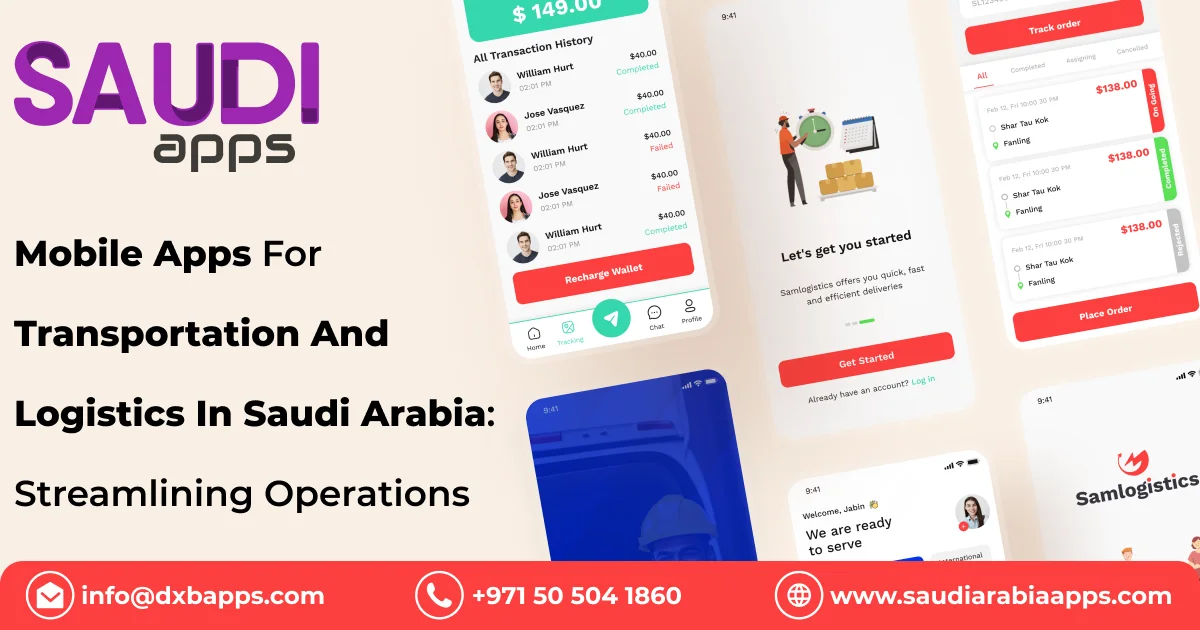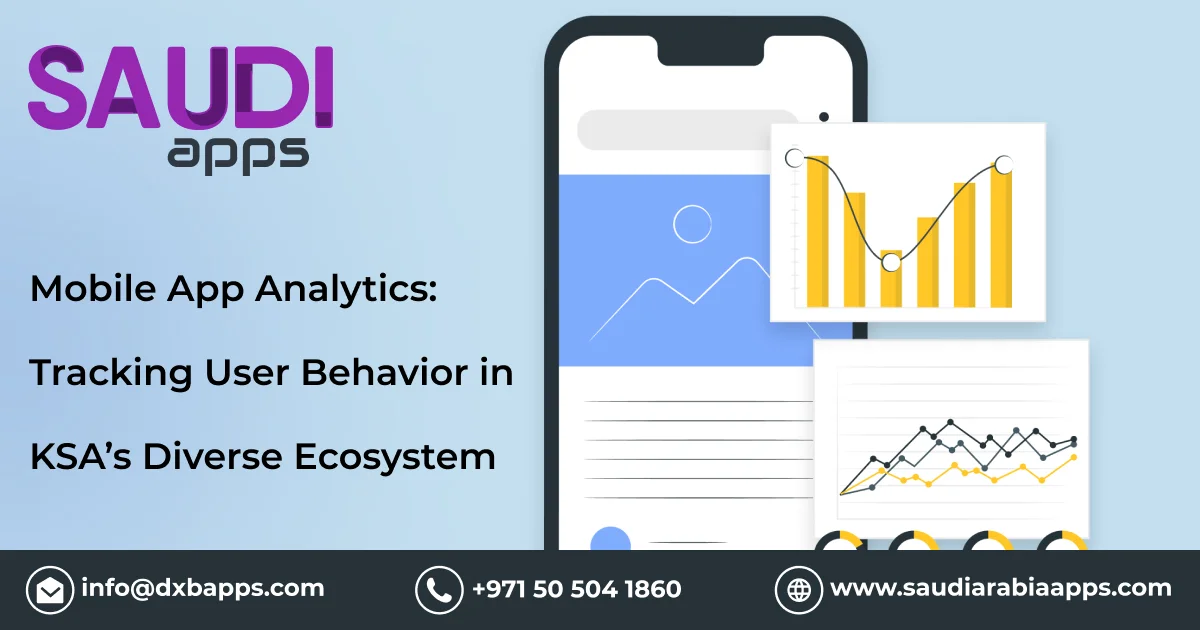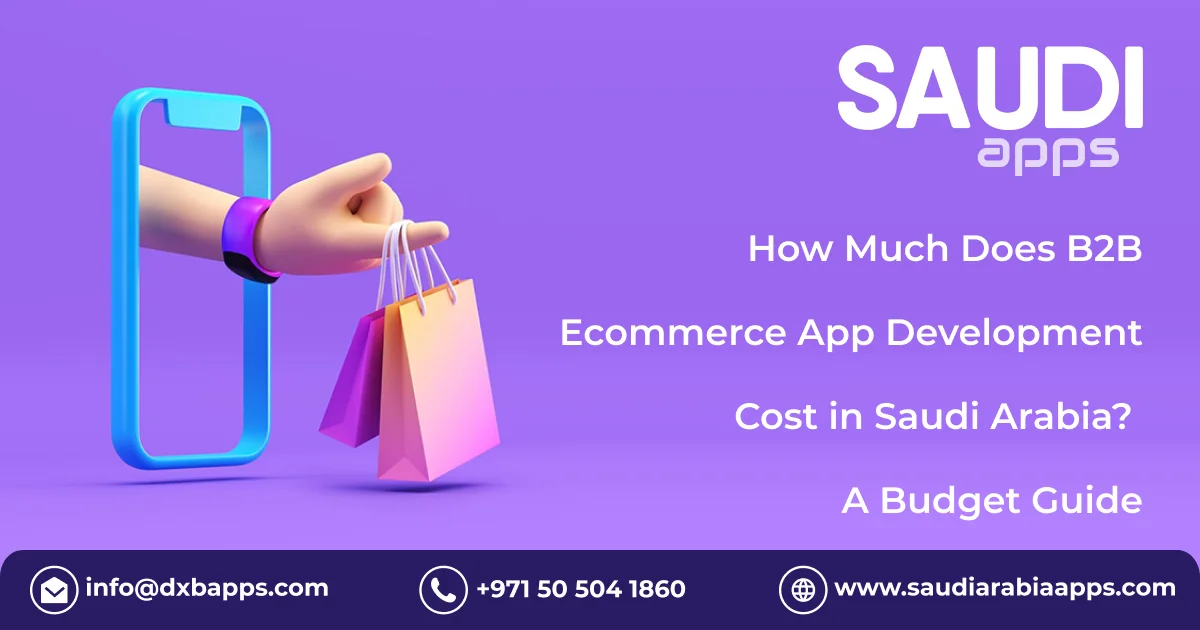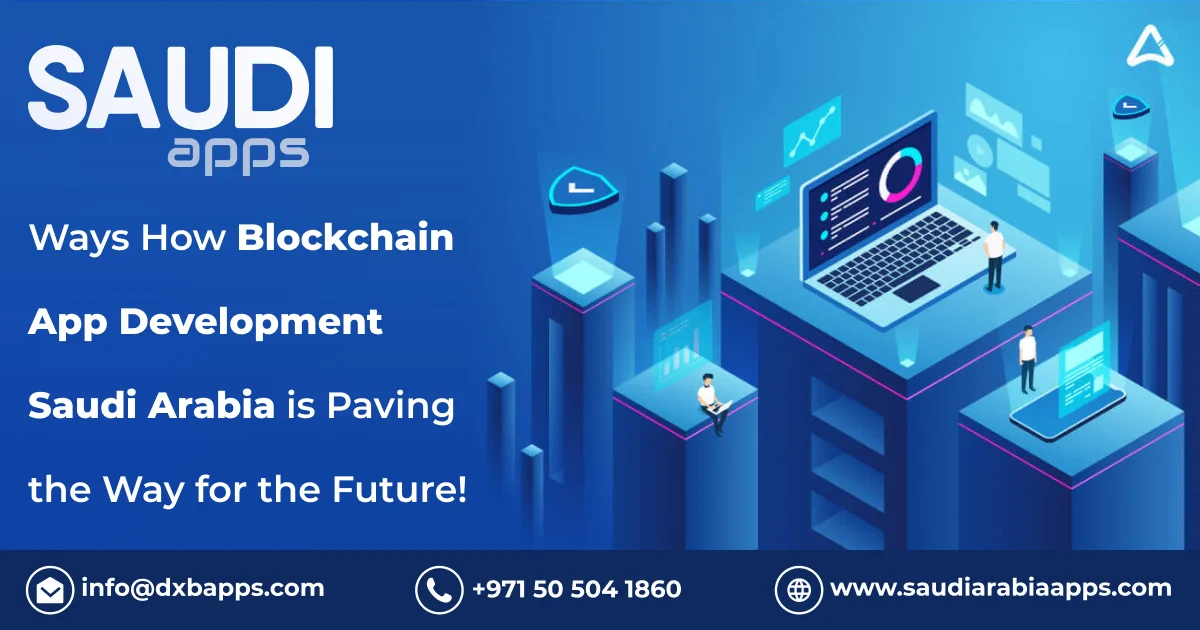Mobile technologies have led to significant growth in the Transport and Logistics sector worldwide. The increasing adoption of mobile devices has completely transformed our everyday lives and business operations. The advancement of mobile app development Saudi Arabia has greatly benefited this industry in various ways. Mobile technology simplifies logistics processes such as inventory management, tracking, transportation costs, fulfilment, and customer service. It enhances the retail experience both online and in-store. As mobile technology becomes more capable, businesses across industries recognize its value. In the transportation and logistics sector, mobility solutions are helping address the industry's challenges and improve operations in user-friendly and efficient ways.
Challenges Faced During The Transportation And Logistics Sector
The Transportation and Logistics industry faces several challenges that can be simplified and addressed with the help of mobile technology in app development Saudi Arabia. These challenges include slow and ineffective company procedures, problems with stock accuracy, Ineffective supply chain control, Poor internal communication, inadequate upkeep of documentation, Errors in warehouse management, and Failure of communication with final consumers. By leveraging mobile technology in Transportation and Logistics Mobile Apps in Saudi Arabia, the industry can overcome these challenges, improve operational efficiency, and enhance customer satisfaction.
Pros Of Transportation And Logistics Mobile Apps In Saudi Arabia
Mobile technology in Transportation and Logistics Mobile Apps in Saudi Arabia offers numerous benefits to the Transportation industry, particularly in warehousing and inventory management, supply chain visibility, and overall operational efficiency. These benefits include:
Streamlined Stocking and Priority Management: Mobile technology enables efficient stocking and priority management by providing automated systems for inventory replenishment and prioritizing orders based on customer demands.
Easy Tracking of Operations: Mobile devices and applications make it effortless to track and monitor the entire process of transportation and logistics operations, ensuring better control and visibility.
Reduced Transportation & Operational Costs: By leveraging mobile technology, businesses can optimize routes, manage fuel consumption, and streamline operations, reducing transportation and operational costs.
Better Customer Experience and Service: Mobile technology enables businesses to provide better customer experiences and services by offering real-time updates, easy communication, and prompt issue resolution.
Understand How Mobile Apps Can Change The Logistics And Transport Sector?
Warehouse Management And Inventory Visibility
One major challenge the transportation and logistics industry faces is effectively managing business inventory. A company's lack of real-time visibility into its list at specific locations can negatively impact sales and customer satisfaction. The transportation and logistics industry is shifting from outdated manual methods, such as paper-based records or clipboards, to investing in mobility solutions with cloud-based technologies to address these challenges. These solutions provide real-time data accessible to the entire organization from any location. This includes implementing warehouse and transportation management systems that streamline inventory management processes and improve efficiency.
Accurate Location Monitoring
The primary role of Supply Chain Management is to establish an optimized system for managing all supply chains effectively. Without proper management applications, businesses may experience delays in delivery times, customer dissatisfaction, and a decrease in partner loyalty. Smart mobile devices come equipped with GPS (Global Positioning System), allowing businesses to easily track vehicles and accurately monitor shipments from anywhere and anytime. GPS technology enables fleet management systems to be implemented, allowing real-time tracking, location identification, route planning, and itinerary scheduling. This level of accuracy and transparency empowers companies to maintain an efficient supply chain. With location tracking, transportation delays can be minimized, and customer expectations can be effectively managed.
Manpower Management System
The need for a workforce management system that is quicker and more organized is growing as the transportation and logistics sector continues to expand. Amazon and other companies have raised the standards for fast and effective shipping methods, a big problem for many businesses. Workforce management becomes particularly challenging without a reliable tool. This Management System offers an excellent solution by eliminating paperwork and reducing human errors. By utilizing a suitable mobile application, businesses can effortlessly monitor the availability of workforce and equipment, track vehicle locations, and oversee activities within their warehouses.
Reducing The Cost Of Transportation
Transportation costs are a significant concern for companies managing their logistics budget. Every organization strives to reduce costs, especially with rising fuel prices, traffic congestion, and toll plaza expenses associated with shipping. Businesses can address these challenges by incorporating mobile technologies that solve transportation issues.
By utilizing autonomous tracking and Artificial Intelligence, real-time data can be tracked, including routes and potential alternative shorter routes. This helps in cutting down costs by optimizing transportation efficiency. Sensors attached to vehicles can communicate with mobile devices, leading to improved fuel efficiency. These sensors can also evaluate road conditions and monitor how human operators respond along the routes, enabling businesses to make informed decisions for cost reduction.
Shops And The User Experience
The current logistics and transportation industry often challenges customers when it comes to the timely purchasing of goods. Lengthy waiting lines and inadequate retail and customer services contribute to a poor user experience.
However, mobile-based eCommerce applications can address these issues by enabling customers to shop conveniently anytime and anywhere. These applications enhance the customer experience and benefit retail services by offering transparency throughout the manufacturing and distribution processes. This transparency builds trust among users and helps businesses expand their reach. Therefore, leveraging mobile technology can significantly improve the customer experience in the logistics and transportation industry.
Finally
At Saudi Apps, we are a top mobile application development company in Saudi Arabia consisting of a team of skilled tech experts specializing in mobile technologies. We offer advanced solutions for Transport and Logistics App Development that can bring numerous benefits to your business.
FAQs
What advantages do apps for transportation offer?
Transportation apps are also useful resources for vehicle drivers. They can provide reports detailing their work history and use their mobile platforms to monitor their orders and expenses.
Is it possible for mobile technology to lower the cost of transportation?
In response, mobile technology can help reduce transportation costs by facilitating effective route planning, maximizing fuel efficiency, reducing idle time, and enhancing overall operational effectiveness.
How might mobile technology improve the logistics sector's customer experience?
Mobile technology improves the customer experience by offering features like easy access to order history and invoices, real-time shipment tracking, instant notifications on delivery status, and convenient mobile purchasing options. These qualities help to increase client engagement and satisfaction.






